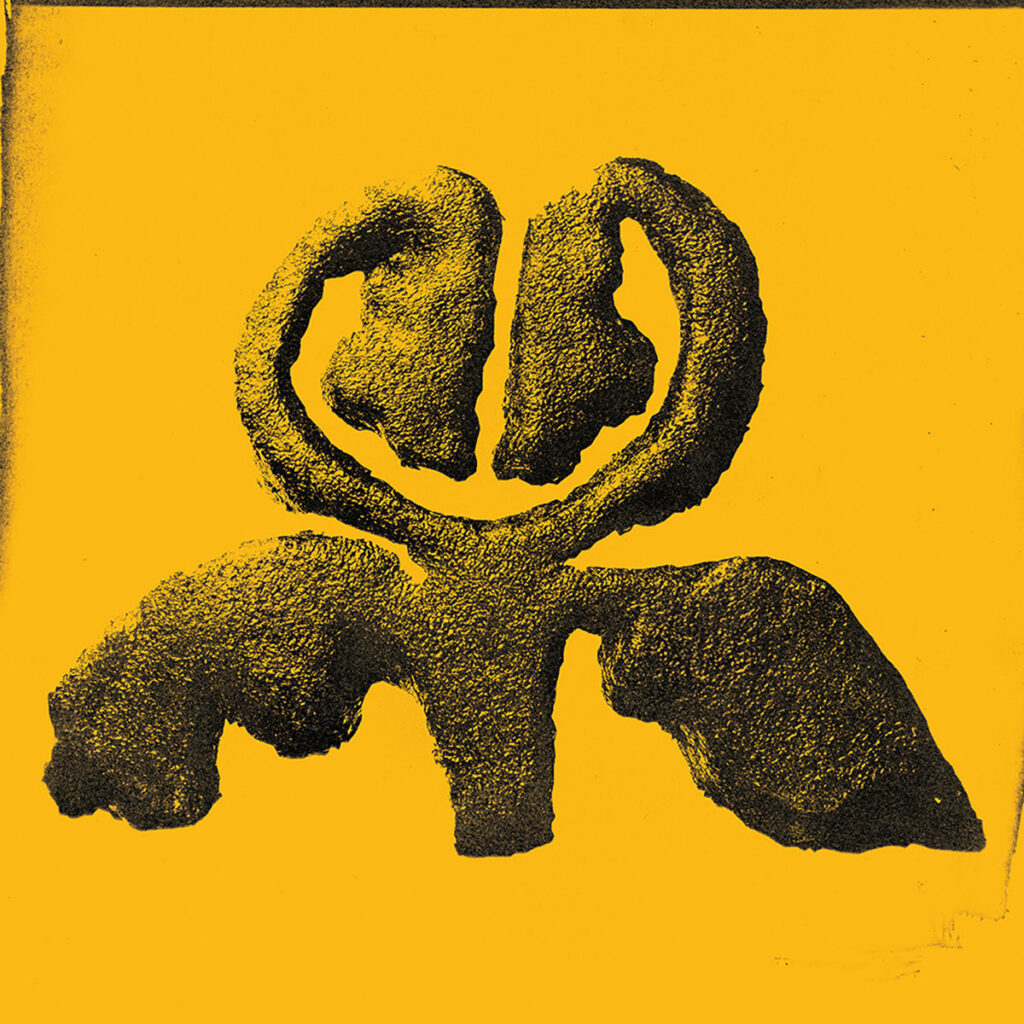Preludes is the first album from pianist, cellist and painter Realf Heygate, under his reversed alter ego Flaer, and the first to be released on Leaf Label’s new offshoot, Odda Recordings. Run by Thea HD and drawing on her long-running NTS Radio show, its ethos is drawn from maps and folklore. Preludes illustrates the label’s sound more vividly than any press release: a miniature masterpiece of the instrumental uncanny.
Preludes sets the scene from the start, opening with a peal of church bells, film shorthand for 70s British horror. A softly lurching piano sample gives way to a simple cello figure, stacked together with rich but subtle overdubbing. There are hints of film and TV soundtracks from the time: Michael Tippett’s ‘Akenfield’ with the strings stripped out or Chris Long’s music for Penda’s Fen. Flaer is also surely familiar with everyone from Comus to Jessica Long’s soundtrack to the video game Everybody’s Gone to The Rapture. The term ‘folk horror’ is used relentlessly to describe anything faintly sinister and pastoral, but Flaer bypasses cliché and succeeds in creating something new and special. His music is patient and sophisticated, seeming to conjure places from the mist. Alison Cotton’s All is Quiet at the Ancient Theatre springs to mind as a worthy comparison.
Preludes,/i> is too sophisticated to fit a template. Flaer is a confident musician, relaxed enough about what he wants to communicate to strip the album right back to its bones. The mini-album has just seven tracks, twenty minutes in total, and the instrumentation is spare and beautiful, each note there for a reason. The atmosphere is meditative with a sense of possibility unresolved. The longest piece, ‘Forever Never’, uses a simple piano and cello but in the background the sound of creaking wood suggests perhaps a horse-drawn carriage. It is mysterious and lovely. As the album progresses, a sense emerges of something shifting in the landscape. ‘Pasture’ plays cello off against acoustic guitar in a gentle flurry of activity which passes as quickly as it comes, like a glimpse of a flock through a gap in a hedge. The final track, ‘Follow’, has lush layers of cello laid against acoustic guitar. The fingering squeaks are as sharp as anything on the track, creating a sense of great depth. The sound draws us out along a path, towards the church bells again and whatever lies beyond.


